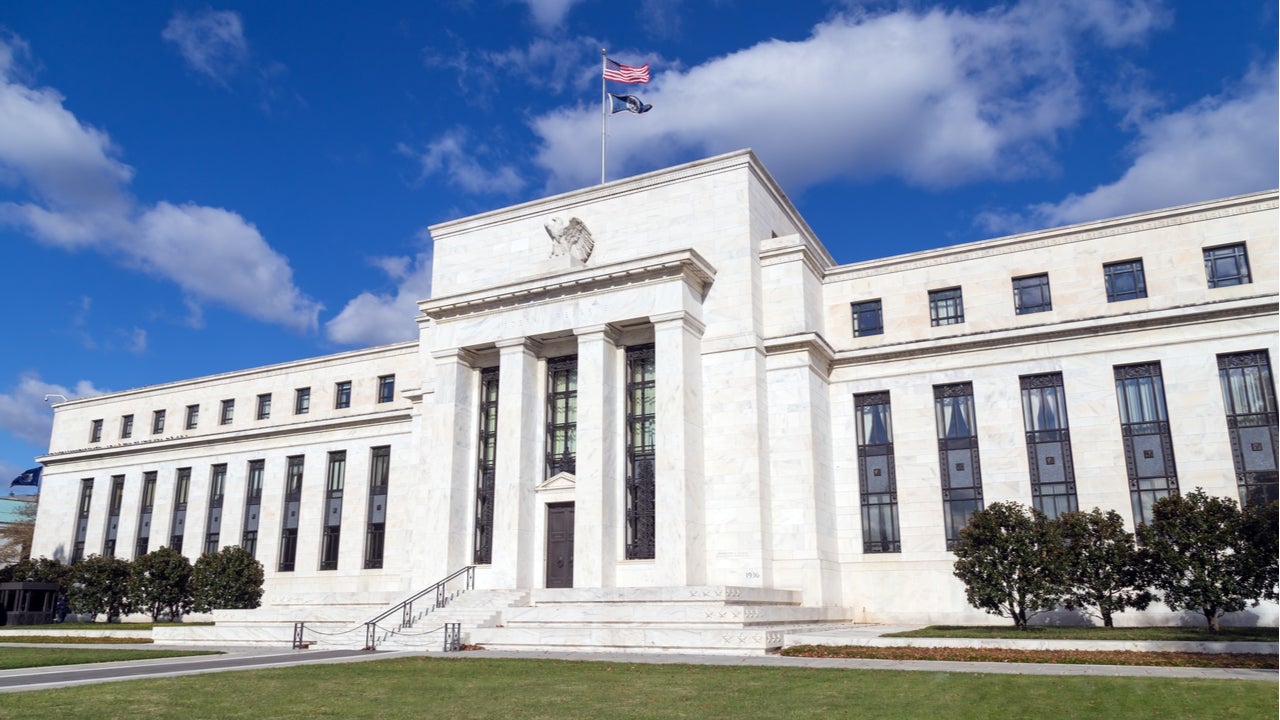What is a new car market adjustment? And do you have to pay it?




Key takeaways
- A market adjustment is an extra fee added by dealerships to the MSRP when there is high demand and limited supply for a particular vehicle.
- The amount of the market adjustment is determined by various factors, such as past sales data, supply and demand and the maximum price the market can tolerate.
- Dealerships are not required to charge market adjustment fees and customers can negotiate or find ways to avoid them.
When the market for new cars is tight, some dealerships take advantage of the situation by adding steep market adjustment fees to the price of the vehicles. These fees can add thousands of dollars to your price tag, depending on how popular the car is.
You may be able to negotiate the price back down. But be prepared to walk away if the dealer isn’t being fair.
What is a new car market adjustment?
Dealerships may raise the price of a new vehicle beyond its manufacturing price when demand is high and supply is limited.
A new car market adjustment is an extra fee car dealerships tack on to a new vehicle’s manufacturer-suggested retail price (MSRP). Dealers add this fee when there’s a strong demand and limited supply for a particular car. Dealerships believe they can fetch a price higher than the MSRP.
You might also hear this practice referred to as an “additional dealer markup” or “market adjustment premium.” It’s usually listed on the vehicle’s addendum sticker, along with any dealer-installed extras.
Financing this fee through your auto loan could mean paying hundreds of dollars in extra interest. Use Bankrate’s auto loan calculator to see how this markup may impact your overall cost.
How to avoid additional dealer fees
By understanding the types of dealer fees you might run into and which are optional, you can avoid spending extra money on things like warranty or VIN etching.
How do dealers determine the market adjustment amount?
Determining the market adjustment amount isn’t an exact science. Dealers will often use historical sales records and compare the vehicle’s current demand and supply to determine how much to charge.
However, there is no industry standard. No law says a dealer needs to justify the amount. They will increase the price by as much as the market will bear.
According to Brian Moody, executive editor for Kelley Blue Book, the current economy could make these market adjustments more common, depending on a few factors.
“If auto makers reduce output for fear of looming tariffs that could make market adjustments become more of a reality for new cars,” he says.
The percentage of new cars selling above their MSRP has trended downward in the past few years. For example, 14.9 percent of new vehicles in May 2024 were sold over their MSRP — a decrease of almost 15 percent from May 2023.
Are dealerships required to charge market adjustment fees?
No, dealerships are not under any obligation to impose these fees. And if they do, they do not have to provide a reason. Car buyers should know this and be prepared to negotiate these fees.
If you know demand is up and prices are high, factor market adjustment fees in when you’re deciding between a new versus used car.
How to beat market adjustments
By being informed, you can get the best deal on your car even in a high-price environment.
- Do your research: See what comparable deals other dealerships are offering to help you determine how much you should pay. Take your research to the dealer, and if they are willing to negotiate, you may be able to get a much better deal.
- Be prepared to walk away: You don’t have to settle if the dealer isn’t being fair. Take your business elsewhere or wait to see how the market changes.
- Try to pay as close to the dealer invoice price as possible: The dealer invoice price is the amount the dealer paid the manufacturer for a vehicle. While the dealer invoice price is sometimes higher than the MSRP, it’s a good starting point for negotiations.
Bottom line
The market for new vehicles ebbs and flows. While the percentage of vehicles sold over their MSRP has decreased in recent years, it’s uncertain whether that trend will continue in 2025. That said, researching car prices before heading to the dealership may help you negotiate a price that doesn’t include this markup. To get the best deal, shop around with more than one auto loan lender and opt for preapproval to preview the loan’s cost.




